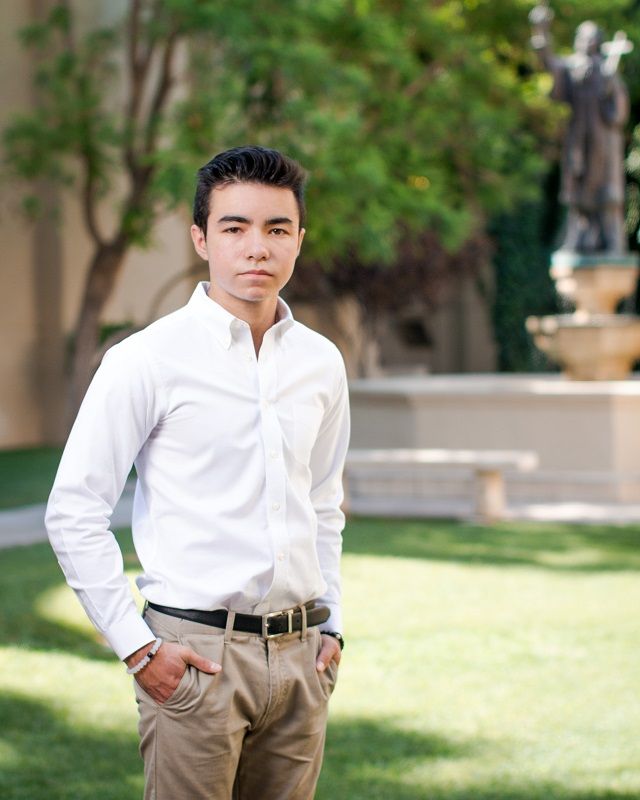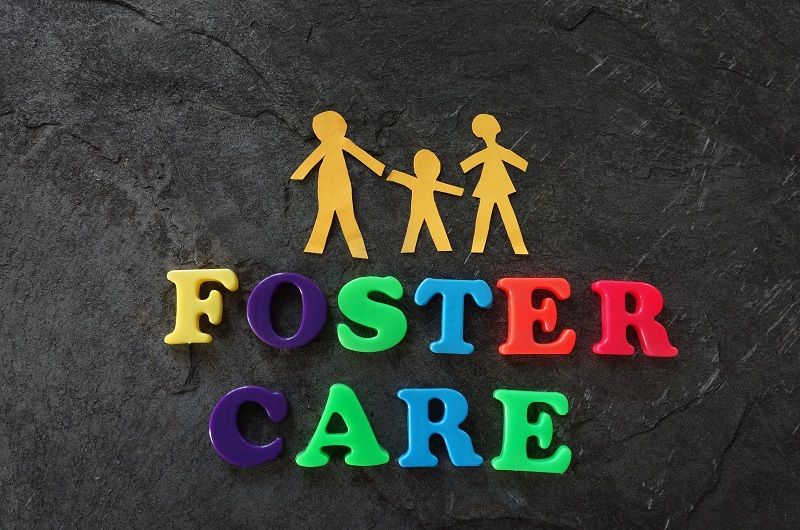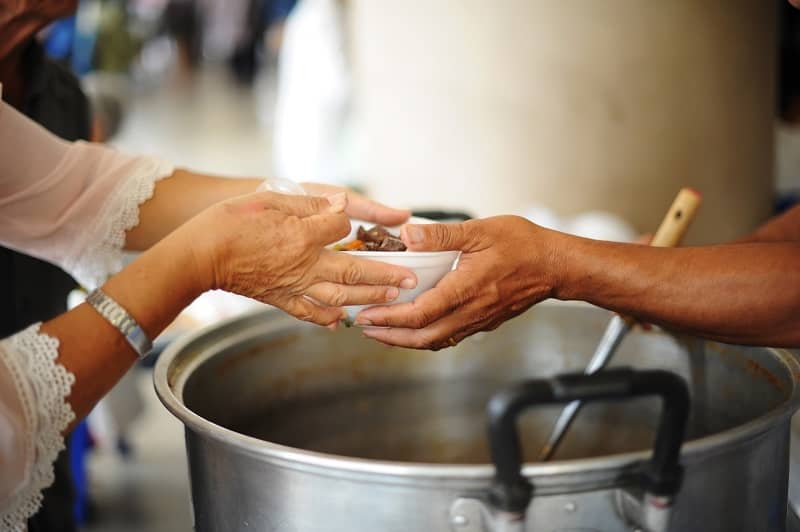In 1804 an Ursuline nun in New Orleans asked Thomas Jefferson to clarify in writing her religious community’s right to retain their property and to continue their ministries without government interference following the Louisiana Purchase. As French Catholic Louisiana was being incorporated into the Anglo-Protestant United States, the nuns were concerned about the status of their institutions under U.S. law. President Jefferson assured her that the government would not interfere with the sisters’ property, ministries, and way of life. In a letter dated May 15, 1804, he wrote:
“I have received, holy sisters, the letter you have written me wherein you express anxiety for the property vested in your institution….The principles of the constitution and government of the United States are a guarantee to you that it will be preserved to you, sacred and inviolate, and that your institution will be permitted to govern itself according to its own voluntary rules, without interference from the civil authority.”
Jefferson confidently promised that the American Constitution would protect the nuns and that the government would leave them alone. So why don’t Catholic sisters today even qualify for a religious exemption from ObamaCare’s insurance mandate that requires contraception and abortion coverage? It may seem unbelievable, but according to the Obama Administration’s definition of “religious employer,” sisters are not included.
On March 23 the U.S. Supreme Court will hear oral arguments on behalf the Little Sisters of the Poor (and other religious clients of the Becket Fund for Religious Liberty) in a historic religious freedom case. The Little Sisters are a nearly 200-year-old religious community dedicated to caring for the elderly poor. They run 30 homes in the U.S. (four in the West) and care for nearly 13,000 people in 31 countries.
During implementation of the Patient Protection and Affordable Care Act (ObamaCare), the Department of Health and Human Services (HHS) directed most employers to include coverage of contraceptives and abortion-inducing drugs in their employee health insurance policies, or else pay a fine of $100 per employee, per day. The Sisters subsequently filed suit against the federal government, saying “they cannot, according to their faith, include contraceptives in their employee health plan.”
The Becket Fund, which represents the Sisters and other religious clients in their lawsuit, explains:
“The Court’s decision will finally resolve the crucial question of whether governmental agencies can, wholly without legislative oversight, needlessly force religious ministries to violate their faith….The [HHS] mandate forces the Little Sisters to authorize the government to use the Sisters’ employee healthcare plan to provide contraceptives and abortion-inducing drugs—a violation of their faith—or pay massive fines, which would threaten their religious mission.”
The “HHS Mandate” has a narrow conscience exemption that applies only to organizations whose purpose is solely to inculcate religious values and which employ and serve primarily members of their own faith. The exemption does not include religiously affiliated or faith-based institutions which serve all people without discrimination (like hospitals, colleges, schools, and social service agencies). And it doesn’t apply to communities of nuns.
“The Little Sisters should not have to fight their own government to get an exemption it has already given to thousands of other employers, including Exxon, Pepsi Cola Bottling Company, and Boeing,” said Becket Fund Senior Counsel Mark Rienzi. “Nor should the government be allowed to say that the Sisters aren’t ‘religious enough’ to merit the exemption that churches and other religious ministries have received….It is ridiculous for the federal government to claim, in this day and age, that it can’t figure out how to distribute contraceptives without involving nuns and their health plans.”
Thomas Jefferson explained to the Ursuline nuns of 19th-century Louisiana that American law would protect them and their institutions, regardless of the differences among American citizens:
“Whatever the diversity of shade may appear in the religious opinions of our fellow citizens, the charitable objects of your institution cannot be indifferent to any; and its furtherance of the wholesome purposes of society, by training up its younger members in the way they should go, cannot fail to ensure it the patronage of the government it is under. Be assured it will meet all the protection which my office can give it.”
We can only imagine what Jefferson might think of American women having to sue the Obama Administration to defend their First Amendment rights. But can we doubt he would be dismayed by how intrusive and coercive the federal government has become since the day he wrote so cordially to a group of French nuns about the safeguards of the American Constitution?











